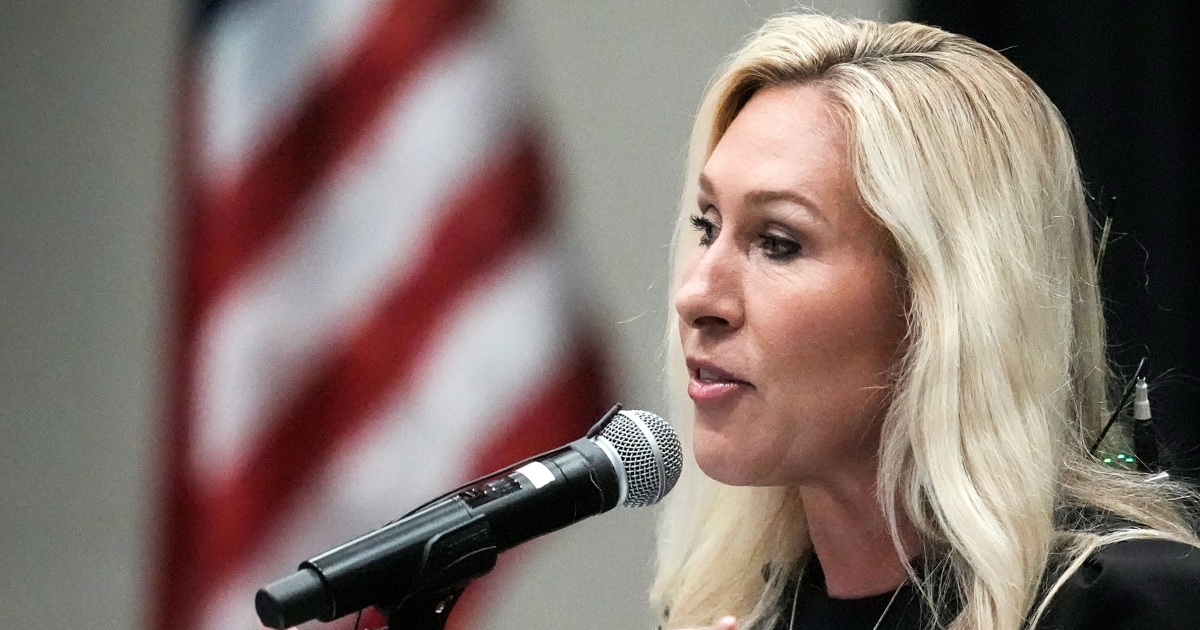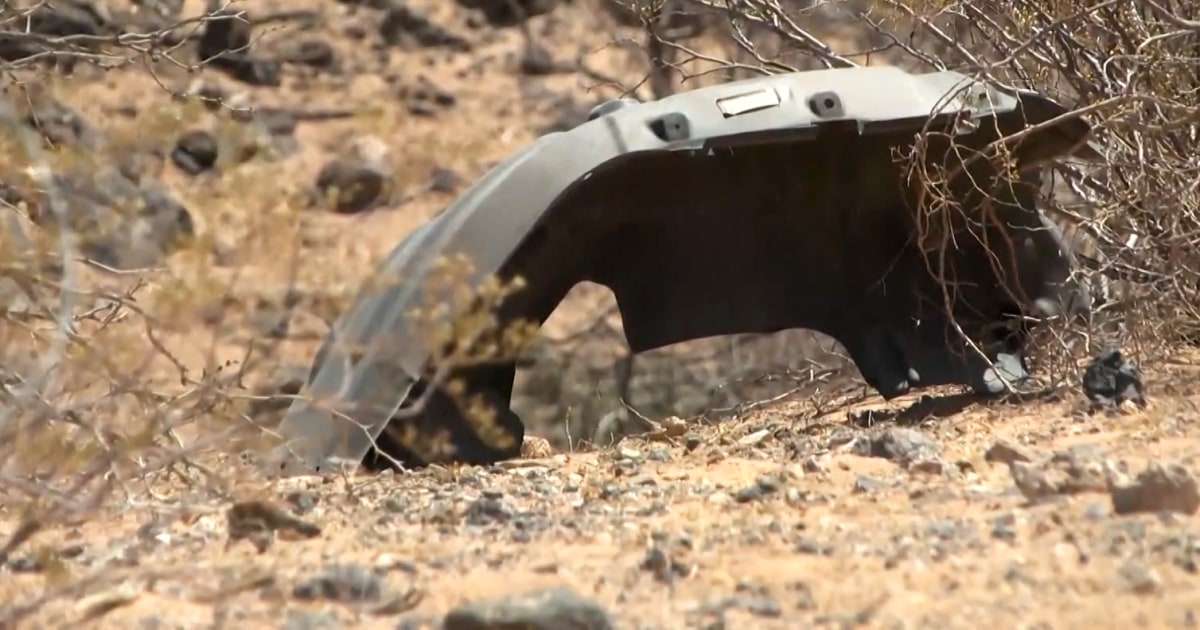El Salvador President Nayib Bukele rejected calls on Monday (April 14) to return Kilmar Abrego Garcia, a Maryland man who was wrongfully deported to El Salvador last month.
El Salvador’s President Nayib Bukele firmly rejected the idea of sending Kilmar Abrego Garcia back to the United States. “The question is preposterous. How can I smuggle a terrorist into the United States?” Bukele said, seated next to President Trump in the Oval Office. “I don’t have the power to return him to the United States.”
Bukele’s comments came in response to questions regarding the US Supreme Court’s ruling and the US government’s requests for Garcia’s repatriation.
Trump Administration’s stance on the deportation
Trump administration officials insisted that Garcia, who was sent to a notorious gang prison in El Salvador, is a citizen of El Salvador. As a result, the US has no say in his future. Despite the US Supreme Court’s directive for the administration to “facilitate” Garcia’s return, Trump officials maintain that the deportee’s future rests solely with El Salvador.
Attorney General Pam Bondi stated, “First and foremost, he was illegally in our country, and he had been illegally in our country. That’s up to El Salvador if they want to return him. That’s not up to us.”
The refusal to return Garcia has become a major point of contention between the two nations, with the situation playing out in the US courts.
The Supreme Court’s role in the case
The US Supreme Court recently ruled that the Trump administration must facilitate the return of Garcia, an issue that has intensified the legal and diplomatic battle.
“The Supreme Court has called for us to facilitate [Garcia’s return], meaning provide a plane,” Bondi added, emphasising that the administration will support El Salvador’s decision if the country chooses to repatriate Garcia.
Trump and Bukele’s strong partnership
President Trump, in his remarks, once again praised President Bukele, referring to him as “one hell of a president.” Trump and Bukele have formed a strong partnership, particularly in terms of deportation agreements. Since March, El Salvador has accepted over 200 Venezuelan immigrants accused of gang activity and violent crimes, placing them into the country’s maximum-security gang prison.
Trump reiterated his support for Bukele’s tough stance on crime. “We have bad ones too, and I’m all for it because we can do things with the president for less money and have great security,” Trump said, referring to possible future cooperation on criminal deportations.
Deportation of other immigrants
The US has been deporting individuals it accuses of gang membership, such as MS-13 members, to El Salvador, where they are imprisoned in high-security facilities. As part of the deal, the US government has agreed to pay approximately $6 million for El Salvador to house these immigrants for one year.
El Salvador’s tough approach to gang violence, led by President Bukele, has made the country a key player in the Trump administration’s immigration and security efforts.
Before the press entered the Oval Office, Trump also mentioned in a social media post that he would be willing to send “homegrown” US citizens to El Salvador for incarceration, suggesting that Bukele should build five more prisons to accommodate them.
The ongoing case
The legal battle surrounding Kilmar Abrego Garcia’s deportation continues to escalate. Judge Paula Xinis is currently reviewing whether to grant a request from Garcia’s legal team to compel the government to explain why it has not yet acted on the Supreme Court’s ruling. The case could set a significant precedent for future deportations and the handling of international repatriation requests.








